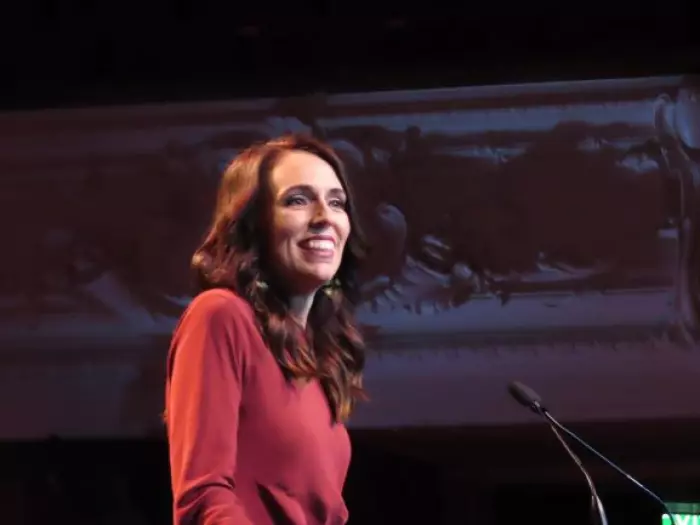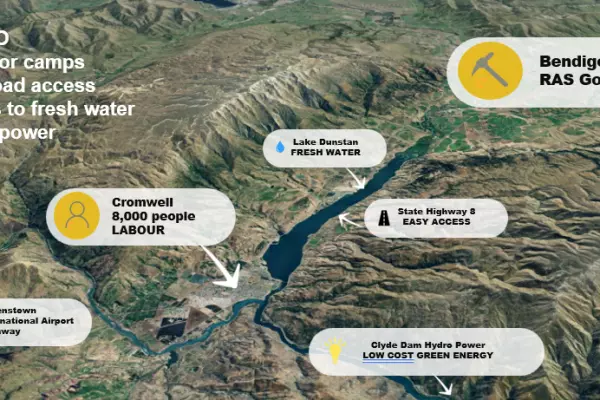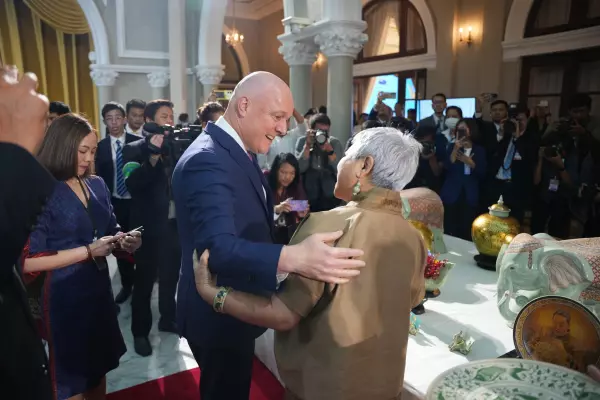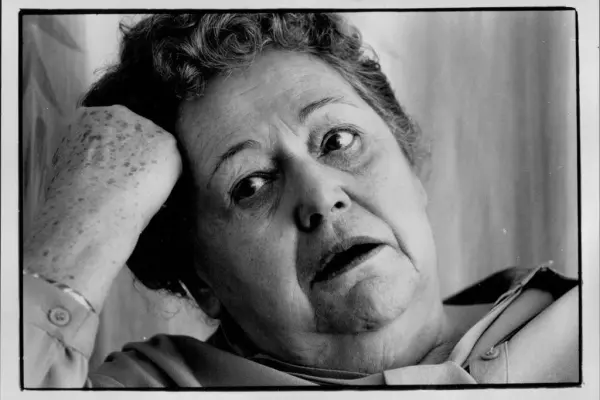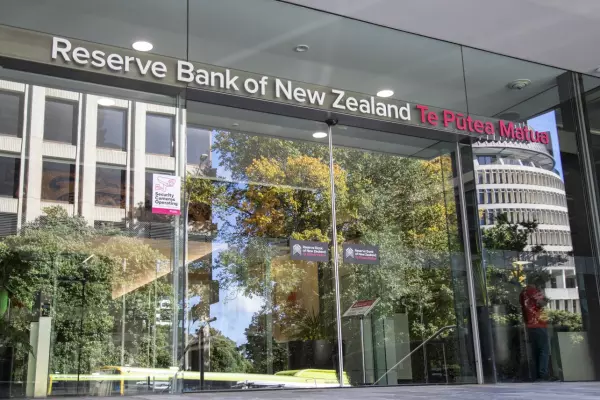It’s rare to be able to pinpoint the exact moment a government won or lost an election.
But such a moment occurred this year, at about two o’clock on the afternoon of Monday, March 23.
At that time, after a weekend of blistering behind-the-scenes argument, arm-twisting and high-stakes lobbying, Prime Minister Jacinda Ardern announced New Zealand would go into a Level 4 lockdown for four weeks.
Up until the end of the previous week, the government’s rhetoric had all been about “flattening the curve” to keep the incidence of covid-19 in New Zealand at a level that would not overwhelm the health system.
As is now increasingly understood, this was because the Ministry of Health was treating the novel coronavirus as if it were a strain of influenza, meaning it was unstoppable but could be contained.
It took all the persuasive powers of a small, dogged group of epidemiologists with a different view to convince the government not only that this virus was not like a ‘flu, but that there was a small, fast-closing window in which it could potentially be eliminated.
There was no guarantee elimination would prove possible, but if New Zealanders could be convinced to comply immediately with a very stringent form of total national lockdown, there was a chance.
This advice was strongly resisted at first by the Ministry of Health and its as-yet-not-famous director-general, Ashley Bloomfield.
Poll panic
Coinciding with this strongly argued alternative strategy was another worrying sign for the government: its polling was starting to slide.
New Zealanders had yet to see covid-19 arrive in the way it had in China and Europe, but its inexorable advance towards our shores was causing serious fear. Remember: nine months ago, we knew far less than we know now about the virus.
Very scary predictions about deaths in the tens of thousands were being bandied about. Lurid tales of bat meat and pangolin steaks in Chinese wet markets informed what little knowledge there was of where this thing came from.
While the naysayers were already dusting off their armchair expertise to poo-poo the most apocalyptic predictions, the message getting through to most New Zealanders was that the country was facing a potentially catastrophic risk. There was appetite for a crisis response.
Labour’s soundings with the electorate showed clear signs the public was not only becoming fearful at the prospect of the pandemic, but also unconvinced the government was doing all it could to prevent its arrival.
Since late February, Finance Minister Grant Robertson had been hinting he was getting dire economic projections from the Treasury. Another year of relatively robust growth at around 3 percent could suddenly become a recession.
Meanwhile, the public opinion polls had National and Labour level-pegging at roughly 40 percent support each, despite Ardern’s personal popularity far outstripping the then National Party leader Simon Bridges.
Labour’s plans for re-election on the basis of the PM’s popularity were far from solidly entrenched, with the electorate still sceptical about the underlying competence and ability of the Labour/NZ First/Greens team.
National's strength
If it muffed the covid-19 response, there was every chance the Ardern administration would be swept away as a one term government.
Armed with the knowledge a containment strategy wasn’t cutting it with the public, the decision to adopt an elimination strategy became the defining political choice of 2020.
Its success, at that time, was unknowable.
It was a high-stakes gamble.
And it was attacked relentlessly by a combination of covid sceptics, Jacinda-haters, and a swathe of the business community who were petrified about the impact of an extended lockdown on the economy.
To counter that, and in very short order, Robertson and a team at the Treasury grabbed whatever they could find in the way of credible, existing policy development, leading to the announcement of a wage subsidy scheme so generous and swiftly executed it acted as a cork on confidence that might otherwise have drained away.
A senior official, released briefly from crisis meetings to grab a sandwich on Lambton Quay and with a slightly crazed look in his eye, remarked: “I think I might be the most generous deputy secretary to the Treasury since the Muldoon era.”
Then began the tussle of views that continues. Even now it’s clear a pro-health response is also a pro-economy response, albeit a terribly damaging one for the six percent or so of the economy that relied on international travel, tourism and foreign students studying here.
There was the discovery that ‘elimination’ and ‘eradication’ meant different things to the boffins in charge.
It took a while for those who thought any outbreak of covid signalled total defeat to understand we could get better at stamping out brushfire outbreaks with decent tracking, tracing and science.
Armchair experts, corporate panic
There was the “open up now” lobby — a shifting alliance of businesspeople and Opposition politicians who believed the economic harm of locking ourselves away from the world must outweigh the benefits of not having the virus rampaging through the community.
It took most of the year for that view to be overwhelmed by the evidence NZ had become one of the few countries able to function normally within its borders.
The Auckland lockdown scare was a wake-up, but what really showed New Zealanders they were onto something was being able to attend Bledisloe Cup matches in October without masks or fear.
Nothing the National Party could do would be likely to have improved its chances of winning the election, although almost everything it did do increased its chances of losing badly.
Pundits like me thought the polls had to close up at some stage, but they didn’t. Instead, Labour won an MMP election with a one party majority for the first time since proportional representation voting was introduced in 1996 — ironically, also the election that swept Winston Peters and NZ First into power.
The 2020 election, delayed by a month and tiresome to the populace by the time it arrived, swept the perpetual gadfly of NZ politics out of Parliament for what must surely be the last time.
E noho rā, NZ First
Peters will never return. His party, so tied up with his personality, is probably done for too. It remains to be seen who will now pick up the disgruntled reactionary rump NZ First attracted, after an election that effectively passed the baton to a new generation of politicians.
For this is the other key change to NZ politics as we head into 2021.
Exactly one-in-three of all MPs in Parliament now is a newbie. That is a stunningly large proportion. They will be unruly, inexperienced, idealistic and in some cases wholly unsuited to representing themselves as legislators, let alone anyone else.
Nor is this to say that other issues did not matter. House price inflation is an absurd disgrace for which successive governments of the last 30 years bear responsibility and may take another 20 to fix.
Inequality is rampant, rivers are still dirty, the economy is still too heavily based on low wages and low productivity. From Ihumātao to local government reform to commissions of inquiry into terror attacks and abuse in state care, there were any number of issues that mattered this year.
But no issue mattered more than covid, and our politics have been shaped accordingly.
An earlier version of this column reported the incorrect date for the Bledisloe Cup match.


